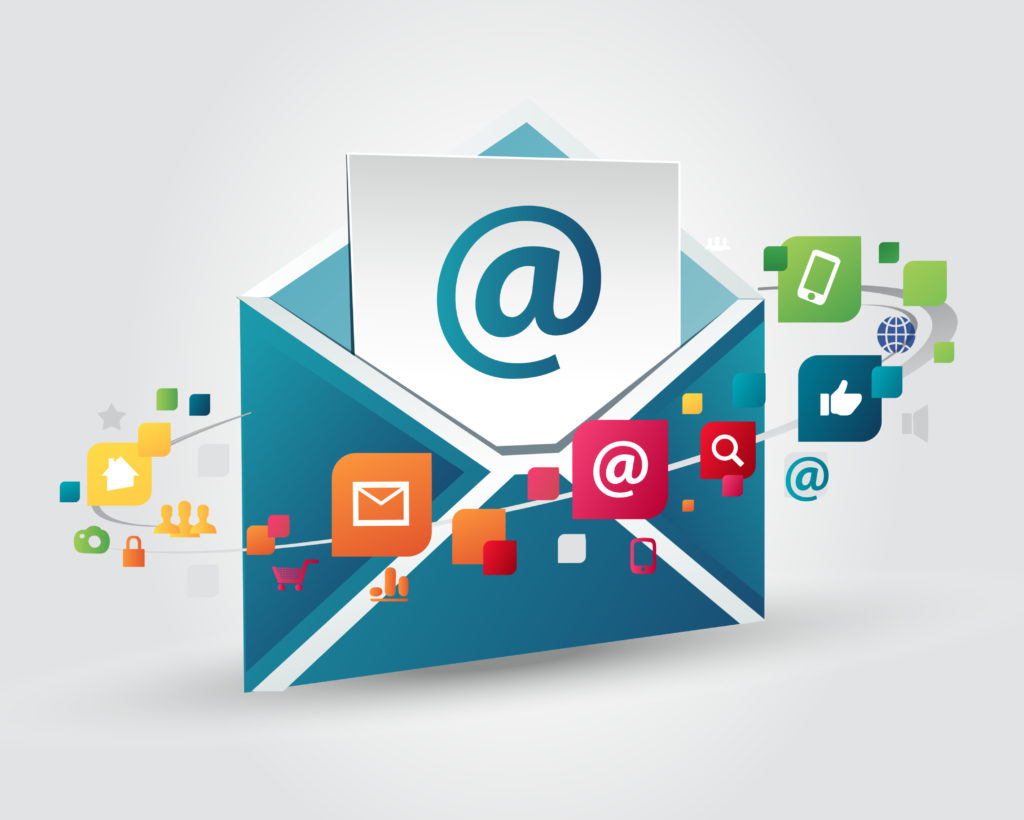Six reasons why email still rules Posted on October 9, 2018

The reports of the ‘death of email’ have been greatly exaggerated. Recent reports show the number of business emails sent and received per day is more than 100 billion. This figure is expected to grow at an average annual rate of 7 per cent over the next four years, reaching over 132 billion by the end of 2017 – not bad for a communication tool whose end seems to be announced every few months!
The growth of teleconferencing, social networks, collaboration apps and tools designed to increase the productivity of an organisation, all complement email as a platform. The reliability of email as a messaging tool makes it perfectly positioned to be used in conjunction with other messaging platforms so that businesses and people can communicate in the most efficient manner possible.
Email isn’t dead, it’s simply evolving and it’s more important than ever before and here’s why…
Email is a consistent, unique identifier
Almost all of your services use email as a unique identifier. You can’t have a Facebook or Twitter account without having an email address, nor can you sign up for new apps without one. Equally, any of your password resets or authorisation links are sent to your email address, in order to verify that you are who you say you are.
As an illustration of how far email has come, you can now receive your bank statements by email, a concept that would have been unthinkable a decade ago, but is now the norm.
It’s a low-cost and reliable method of communication
Email remains one of the cheapest and most reliable methods of communication that a business can use. The cost of maintaining a dedicated email server is relatively low and easier than ever to setup.
Email: the great time-zone equaliser
In a world where companies increasingly communicate between different time zones, email is integral to making rapid progress. There isn’t a business in existence that doesn’t use email in some way, shape or form to communicate with staff, customers and suppliers. It’s the most accepted form of communication between companies.
Think about it – nobody welcomes a phone call from Europe in the middle of the night unless it’s an emergency. If however, you receive an email in the middle of the night, it’s awaiting you when you come into the office and allows you to progress whichever project you’re working on. Equally, if you send an email to a different time zone at the end of your working day, chances are the requested actions within that email will have been completed by the time you return to work the following day. Email has enabled us to communicate swiftly and efficiently on a global level.
Allows for efficient record keeping
Email messages remain in your inbox, unless you deliberately delete them. The search function in your inbox means that you have an effortless and efficient way of keeping a digital ‘paper trail’ of all communication. This reduces the need for paper records, which is both more secure and environmentally friendly.
It’s non-intrusive
Unlike text messages and phone calls, email is arguably one of the least intrusive methods of communication because you can manage it in such a way that it enhances your productivity, rather than hinders it.
Although, the preference to use email as a personal communications tool has declined in recent years as social networks have taken hold, we still prefer to receive certain communication via email.
The start-ups are in on the act
A lot of entrepreneurial energy has gone into making email even more collaborative and efficient. Start-ups such as mailbox.app and glidr.io are spearheading the creation of apps designed to make communicating with clients and co-workers an even better experience.
The proliferation in apps that complement and increase the efficiency of email is a sure sign that this messaging platform is far from six feet under. It’s here to stay and being integrated in more ways into our every day work and personal life.





